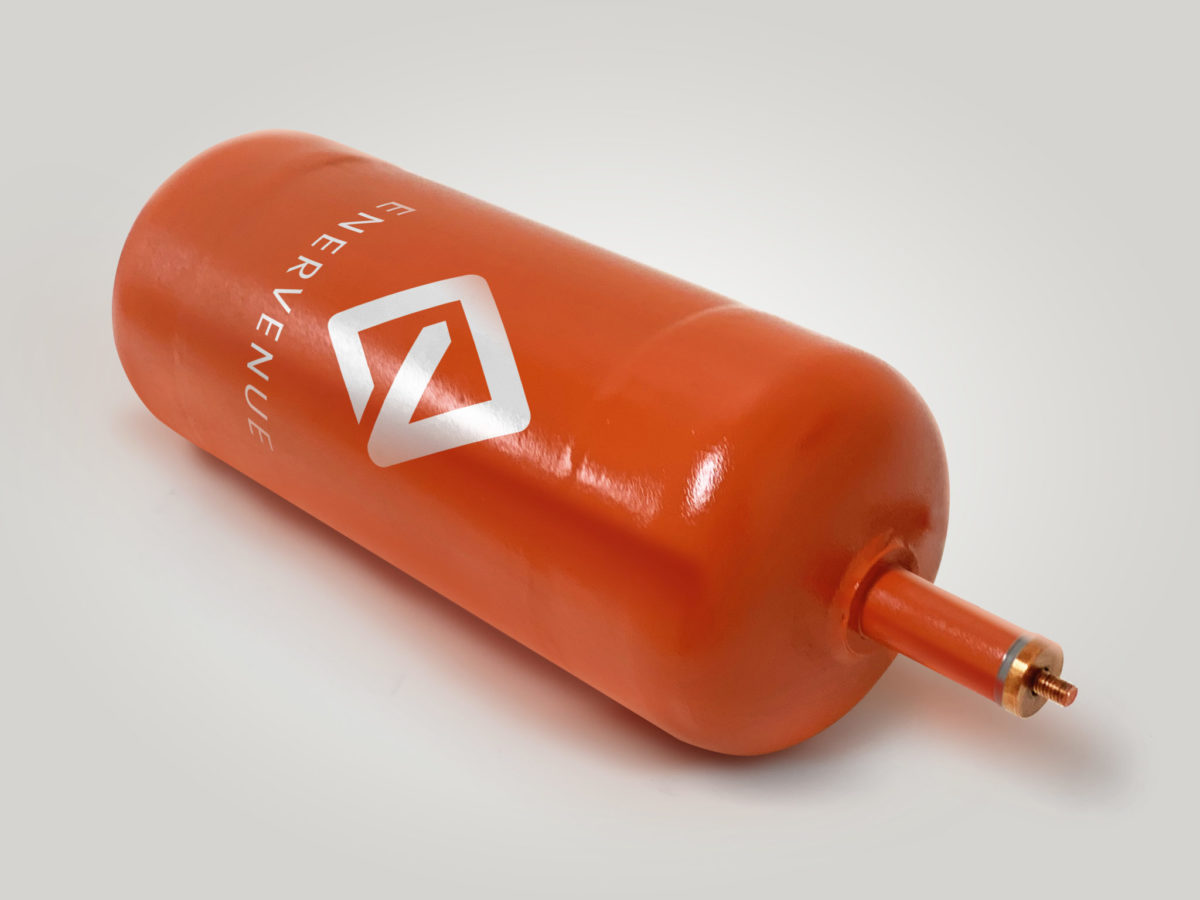From pv magazine International
U.S. start-up EnerVenue has raised $100 million in series A funding led by U.S. investment firm Schlumberger New Energy and Saudi Aramco Energy Ventures (SAEV), the strategic technology venturing program of Saudi state-run energy company Saudi Aramco.
“The company will use funding from the series A [round] to build a gigafactory in the United States, accelerate R&D efforts, and expand its sales force as it scales its distribution capabilities with strategic partnerships like the one announced with Schlumberger New Energy,” EnerVenue said in a statement, adding that the U.S. investment firm will also help expand its distribution channels in the U.S., Europe, the Middle East, Africa, and other regions.
The company’s nickel-hydrogen battery technology is claimed to be able to operate at temperatures between -40 and 60 degrees Celsius, over a 30-year period. The manufacturer also says it can provide over 30,000 cycles without degradation and at varying rates, for a wide range of fast and slow charge capabilities. The battery has an efficiency ranging from 80 to 90%, depending on the cycle rate, and its energy density per square foot is equal to, or better than lithium-ion batteries, according to the company.
“EnerVenue builds durable, flexible, and safe energy storage solutions with batteries based on technology proven over decades of use under the most extreme aerospace conditions – including powering the International Space Station and Hubble Space Telescope,” the statement reads. “Following breakthrough material science discoveries that significantly [reduce] the cost and [increase] the raw material availability of the NASA-originated technology, EnerVenue launched in 2020, to bring the battery’s established advantages to grid scale and other stationary power applications.”
Conventional nickel-hydrogen batteries have been, so far, largely applied extensively in aerospace applications, such as in satellites and aircraft, and have shown good reliability, stability, and durability. Their utilization for terrestrial applications, however, is still hampered by the high costs of the platinum catalysts used for their production. The U.S. Department of Energy is targeting to reduce the cost of these devices to $100/kWh for stationary storage.
This content is protected by copyright and may not be reused. If you want to cooperate with us and would like to reuse some of our content, please contact: editors@pv-magazine.com.









By submitting this form you agree to pv magazine using your data for the purposes of publishing your comment.
Your personal data will only be disclosed or otherwise transmitted to third parties for the purposes of spam filtering or if this is necessary for technical maintenance of the website. Any other transfer to third parties will not take place unless this is justified on the basis of applicable data protection regulations or if pv magazine is legally obliged to do so.
You may revoke this consent at any time with effect for the future, in which case your personal data will be deleted immediately. Otherwise, your data will be deleted if pv magazine has processed your request or the purpose of data storage is fulfilled.
Further information on data privacy can be found in our Data Protection Policy.